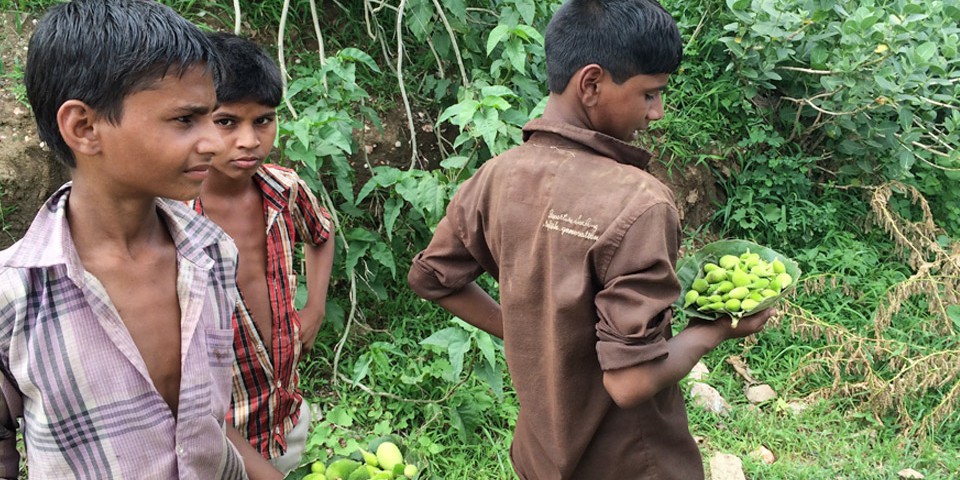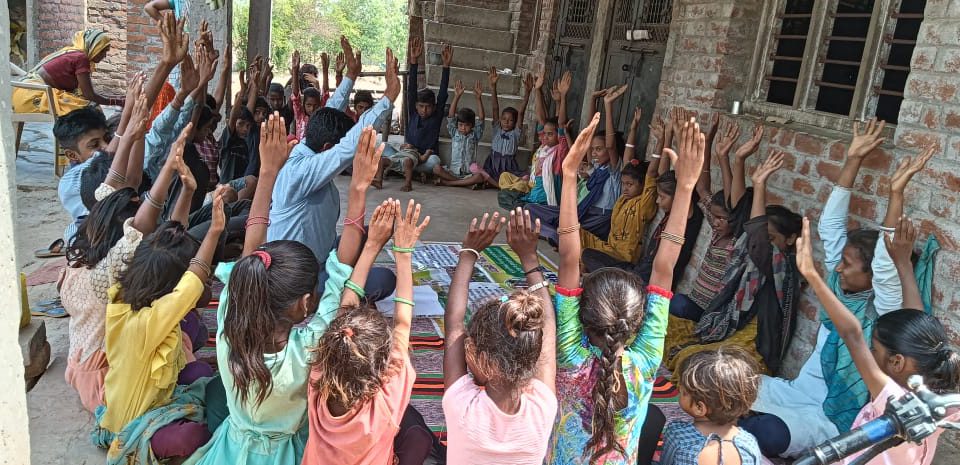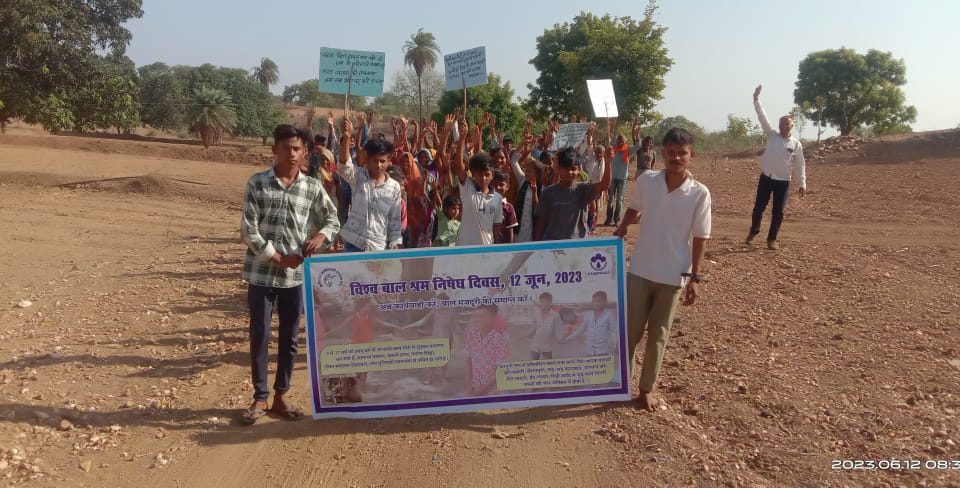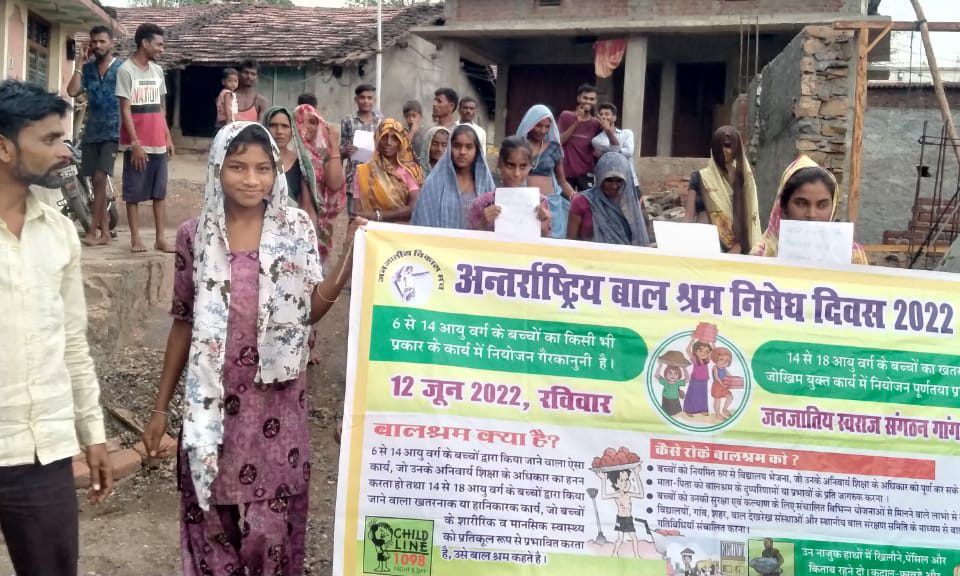
Plight of birth registration in Banswara district of Rajasthan: A deep analysis
September 3, 2016
MoU between Water & agriculture ministries to promote organic farming and sustainable livelihoods
September 18, 2016India has passed a number of laws on child’s rights and child labor since the day of our Independence. But unfortunately, the plight of quite a large percentage of children in India is painful, especially in the poor low-caste families living in the rural areas, where a major chunk of income is attributable to child labor.
The passing of the Child Labor (Prohibition and Regulation) Amendment Act, 2016 by the parliament on July 26, seem to be detrimental. This act bans the employment of children under the age of 14 years in all sectors except family enterprises and has exceeded the punishment for those hiring children. So what about the “family enterprise” clause added? Does that do any good to the current sufferings of children?
As an NGO working for the rights of children in the tribal areas, Vaagdhara, closely analyzed the law and believes that this law would further lead to the exploitation of children and in fact bring a negative impact to their education. Vaagdhara has been long striving to fight against the incidences of migration of tribal children from Southern Rajasthan to other nearby areas for hard labor in farms and factories, and understand that in the absence of strict laws, . And thus
This is a missed opportunity for the future of millions of our children. I am deeply disappointed and quite surprised that labor minister has not listened to the voice of millions of children.
There are many objections –
The number of hazardous occupations in the new amended legislation has been reduced from 83 to three. Children can now legally work glass furnaces, bidi-making, brick kilns and zari factories.
We need to completely outlaw child labor. It is ironical that the land of Buddha and Gandhi has decided to look at children through the commercial lens and take away their divine right to childhood.
This law comes out as a contradiction to government initiatives like Smart cities – When the youth of a country is engaged in domestic labor instead of learning better skills, how can the mission of smart cities succeed or even implement properly.
Subscribe to our newsletter!





